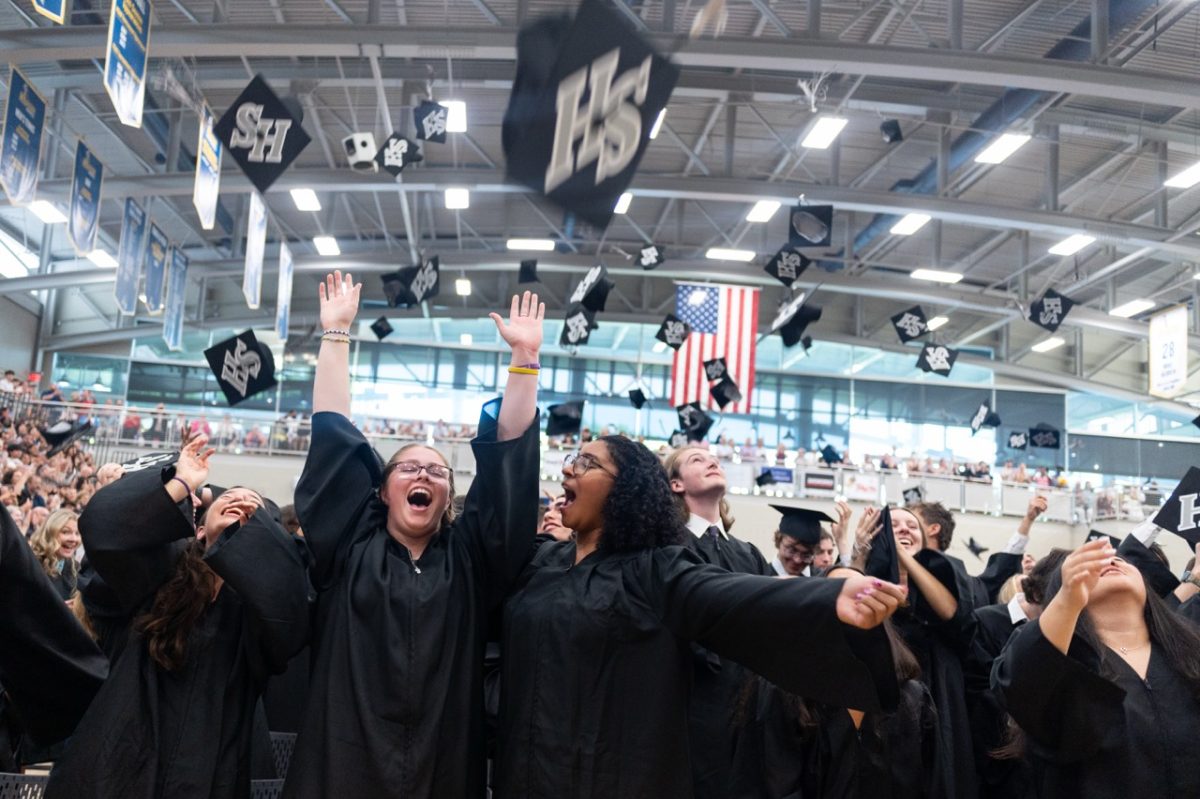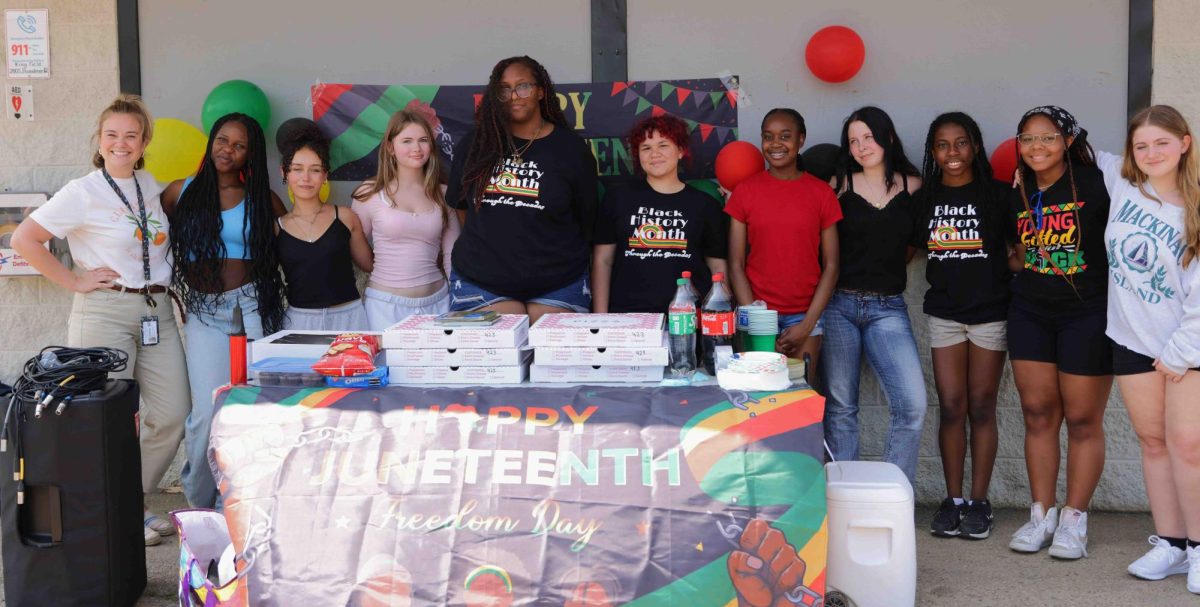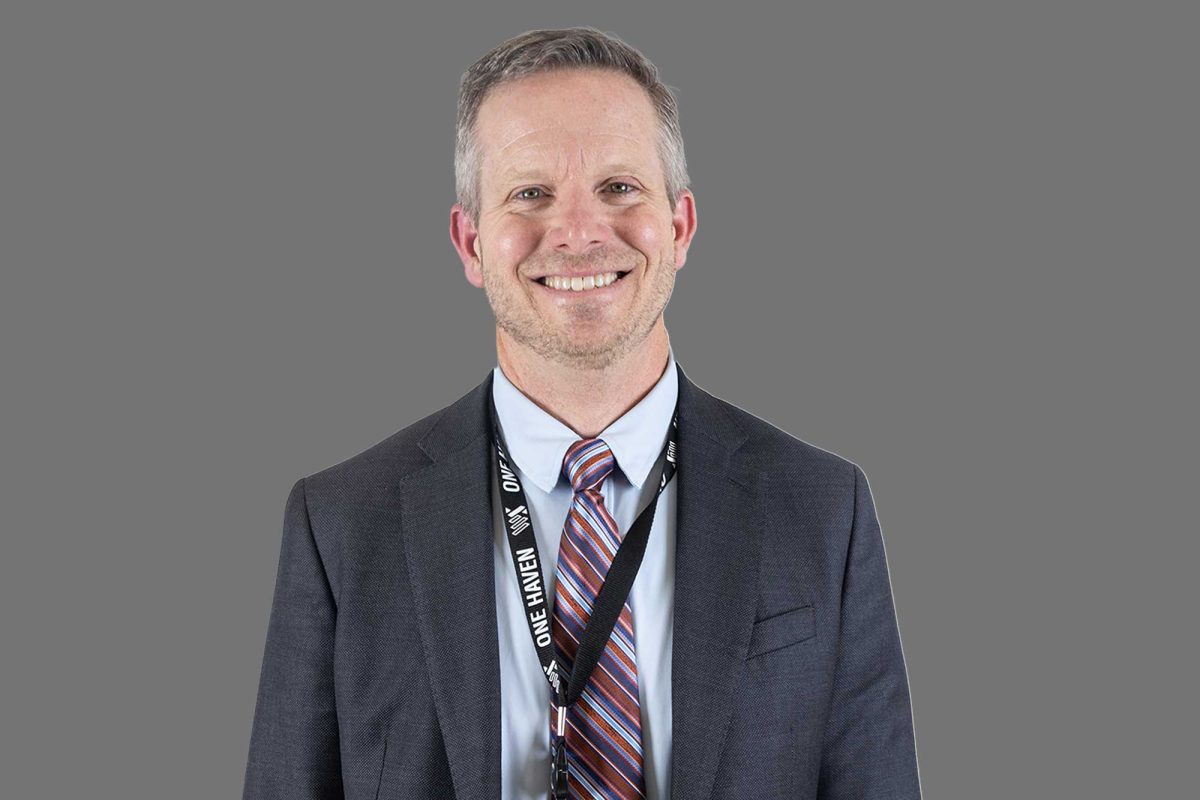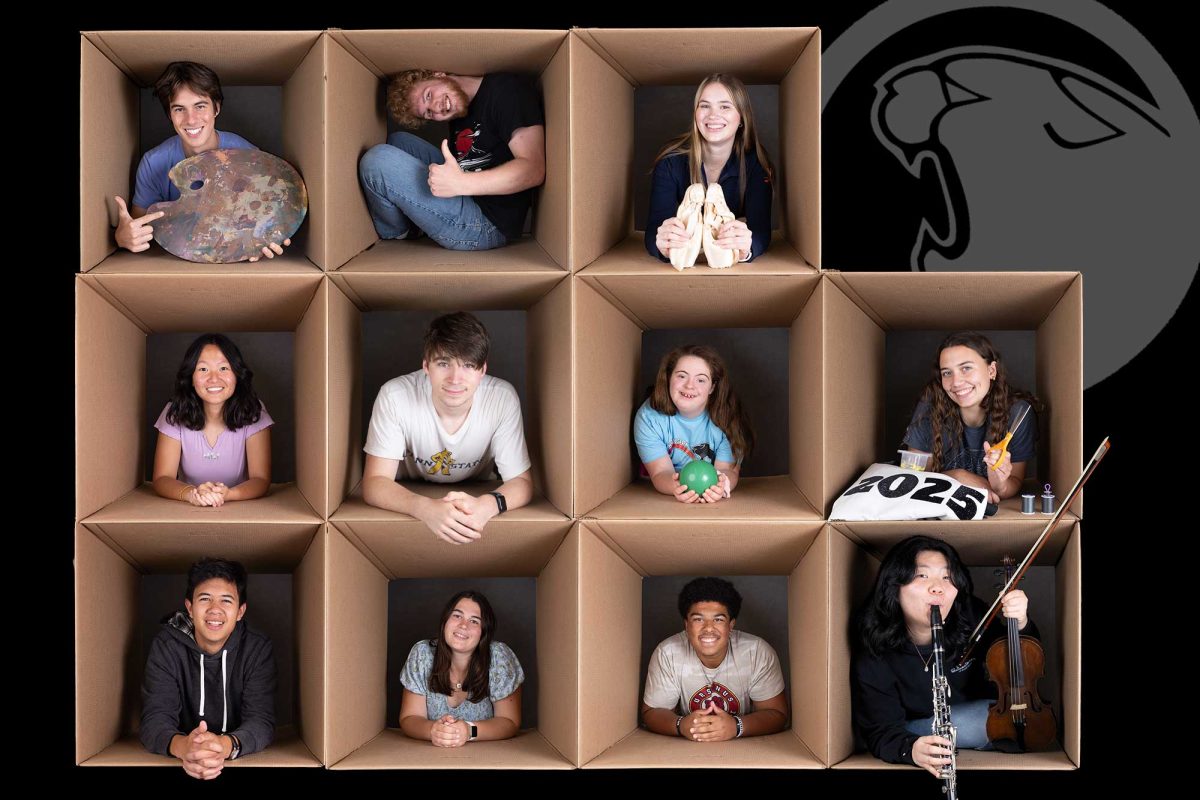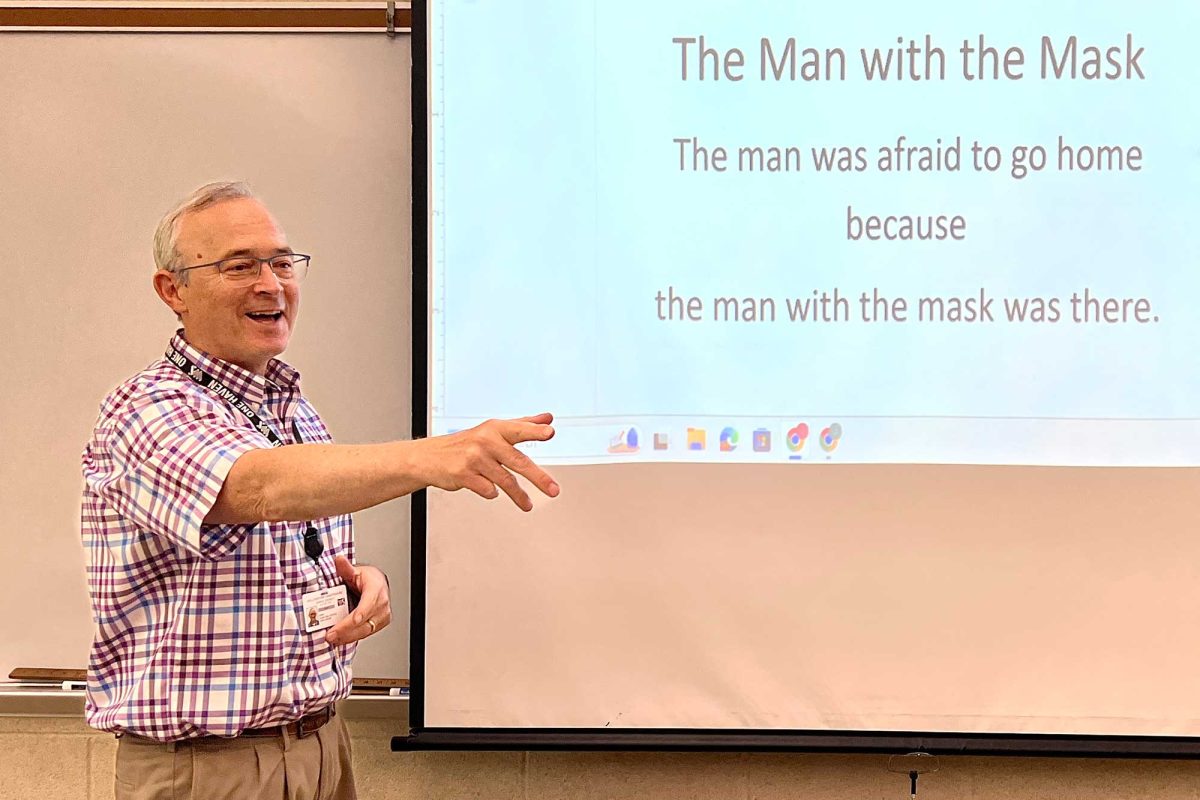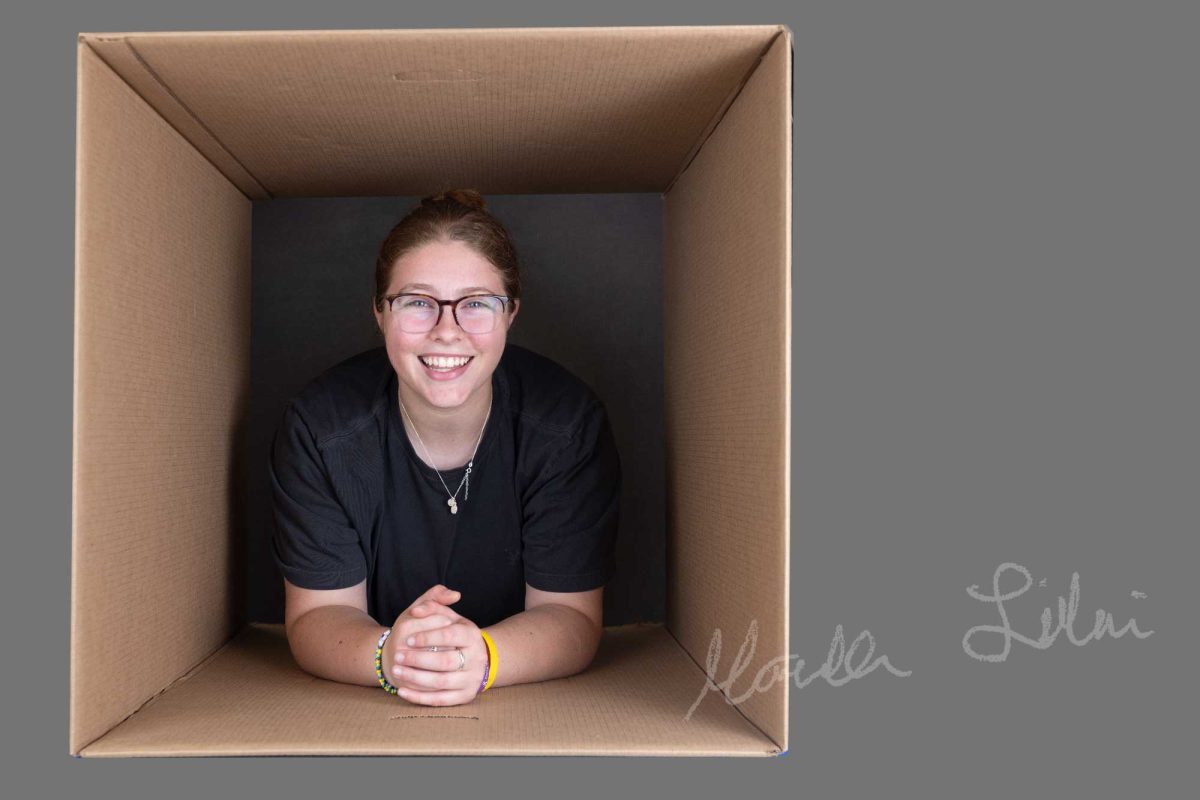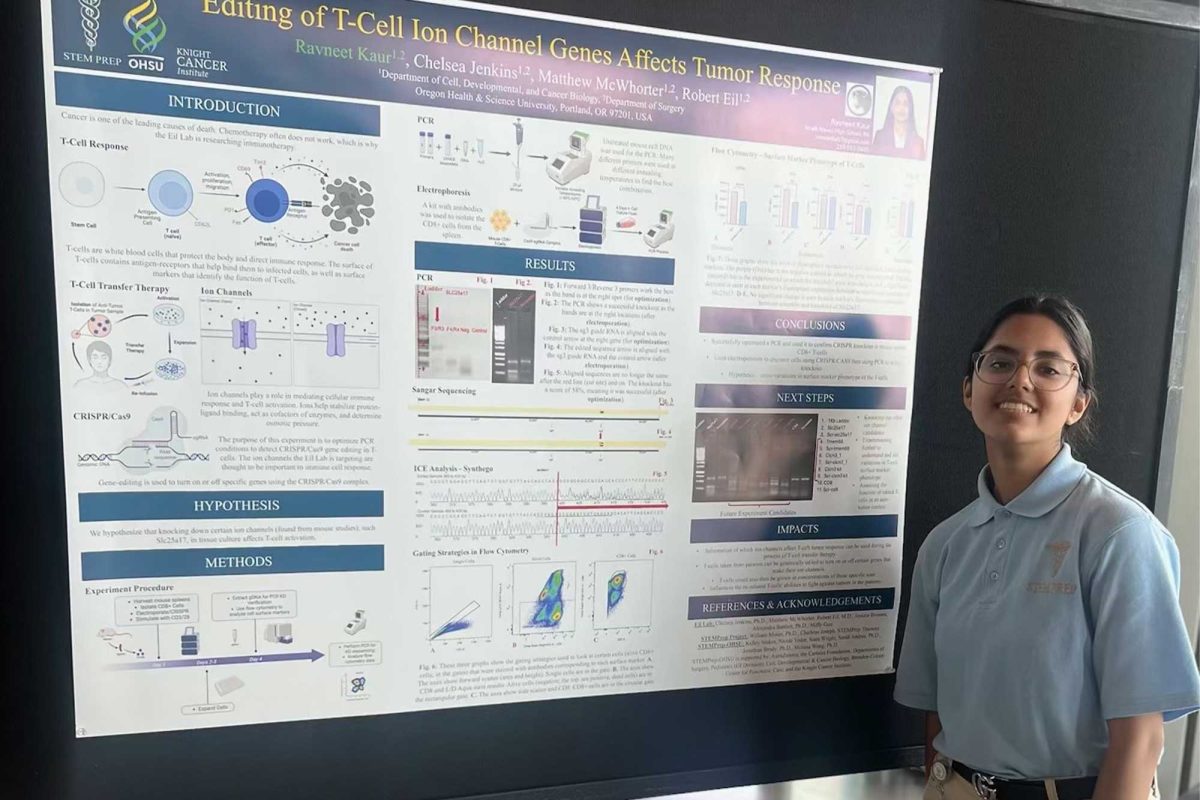In a recent survey about Holocaust education, fifty-three percent of Strath Haven students answered “no” to the question “Have you ever learned about antisemitism in a school setting?” Eighty-one percent of Strath Haven students are not aware of the increase of antisemitic hate crimes and rhetoric in May 2021, which accompanied both the Israel-Palestine conflict and the rise of media attention. Most students’ knowledge of the Jewish experience was limited to the Holocaust. However, antisemitism endures beyond the Holocaust; it has been on the rise for years, intensifying with the recent hate crimes, and creating an uncomfortable environment for Jewish individuals.
That extends to the classroom, where many of Haven’s Jewish students have endured insensitive comments during lessons and discussions.
“In middle school after talking about concentration camps I was asked if I was afraid to shower,” junior Ella Grossman, a Jewish student, explained. “In eighth grade we had to debate about how to treat neo-Nazis in history class and truly the whole thing was insensitive and uncomfortable—having to [play] ‘devil’s advocate’ about the lives of Jewish people.”
Students’ experiences show that while Jewish students may not have been called slurs at school, or been the targets of violence, there is still a level of insensitivity that exists in classrooms.
Part of this may be because students haven’t had enough education about the Jewish experience. Grossman explains that she has “learned very little through school. Most of my education [has been] on my own or at my Hebrew school.”
Haven’s curriculum does currently study the Holocaust in eleventh and twelfth grade. Senior English classes’ core text is “Man’s Search for Meaning,” in which author Viktor Frankl uses his time in concentration camps to contextualize the pursuit of a meaningful life.
Junior history courses explore the Holocaust during the World War II unit in Modern World History III. History teacher Ms. Alissa Harvey explains that the education surrounding the Holocaust is complex; it includes the preceding events, reading material, and visual aids. The course includes “excerpts from Mein Kampf” and discussions about “Hershel Grynzpsan, Kristallnacht, the Nuremberg Laws, and so forth.” Harvey delves into portions of the Holocaust that are little known, ranging from scapegoating and propaganda to Ghettoization. She includes how “the brutality of the extermination camps goes beyond the gas chambers and also includes perverse medical experiments.”
This is valuable information, and it is good for students to be aware of the atrocities committed towards marginalized groups during the Holocaust— Jewish students deserve to have their history learned in a comprehensive way. However, students suggest that the curriculum should expand beyond the facts.
“Memorizing facts and dates is not as important… the education system needs to be teaching about how the Holocaust started, the history behind it, and ways to prevent it in the future,” sophomore Meredith Seidman said.
Seidman and other students note that the curriculum continues to lack books about heroes in the Holocaust. They believe the curriculum needs to include more education about current antisemitism and neo-Nazis in addition to the Holocaust information. Furthermore, they believe that these lessons need to be introduced prior to eleventh and twelfth grade, as younger students need to learn more about Jewish individuals’ experiences and struggles.
As a result, Seidman is leading the charge to incorporate more Jewish history—beyond the Holocaust— into the Wallingford-Swarthmore curriculum. She began this summer by delivering a speech at a school board meeting, which can be found on her Instagram.
“At the time of my speech, it was received very well… it felt really amazing to be able to receive that sort of assurance right then and there,” Seidman explained.
Seidman has worked with the WSSD superintendent, Dr. Marseille, to “discuss the curriculum, and ideas for improvement.” She hopes to meet with Marseille and the director of education to improve Holocaust education, wishing for “a more in-depth and current-day type of Holocaust education.”
Administration officials have responded to students’ concerns about the gaps in the existing curriculum.
“We have indeed recognized several gaps in our curriculum on multiple levels. We are conducting a curriculum audit and an equity audit that will provide us with deeper understandings of where these gaps reside, and will also guide us in mending the gaps. Student voices and awareness of how our curriculum is lacking, what we are not teaching are all important to us,” Assistant Director of Education Ashwina Mosakowski said.
Director of Education Denise Citarelli-Jones added that a new phase of curriculum review will be coming after the curriculum audit and strategic plan are complete.
“This work will focus on elementary grades and could well lead to deeper discussion around the infusion of society, cultural proficiency, and Global Competence content. The Holocaust and the resonance it has to this day could begin even earlier than the proposed middle school years if this is the outcome of the review, ” Jones said.
Superintendent Dr. Wagner Marseille agrees that the Holocaust should have more weight in the curriculum.
“Teaching and learning of the Holocaust is a part of our history, and its priority should be evident in how we are offering those experiences to our students,” Marseille said. “I think all of our curricular experiences can be significantly improved… I call this the ‘Non-Negotiables’ of the curriculum. Holocaust education in a Non-Negotiable, as well as the suffrage of American Indians, Chinese Americans, African-Americans and all other marginalized groups throughout history.”
Marseille references Elie Wiesel, a Holocaust survivor and political activist.
“Indifference elicits no response. Indifference is not a response. Indifference is not a beginning; it is an end. And, therefore, indifference is always the friend of the enemy, for it benefits the aggressor,” Wiesel said.
Marseille is reminded of this quote often. It embodies his desire to have more student impact on the curriculum, and reiterates the importance of a robust Holocaust education.
With antisemitism on the rise, it is ever important that Haven has an adequate Holocaust curriculum. Even with the current eleventh and twelfth grade units that cover the Holocaust, there is always room for improvement—which will hopefully result from meaningful collaboration with school administration. These changes can possibly entail education on lesser-known Holocaust figures other than Anne Frank, and reading books such as “Night” by Elie Wiesel and “The Tattooist of Auschwitz” by Heather Morris. Education on lesser-known topics, such as the fact that the Holocaust extended itself to North Africa, is important as well.
It is crucial that the community stays continuously informed about not only the Holocaust but antisemitism and Jewish people in general. Education is the first step in becoming an ally.




